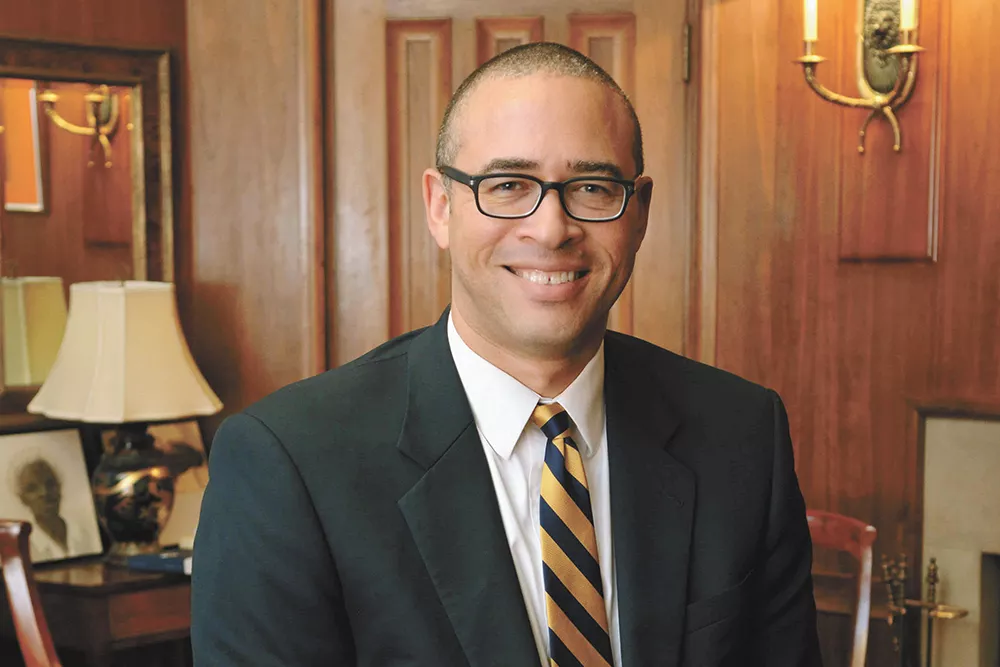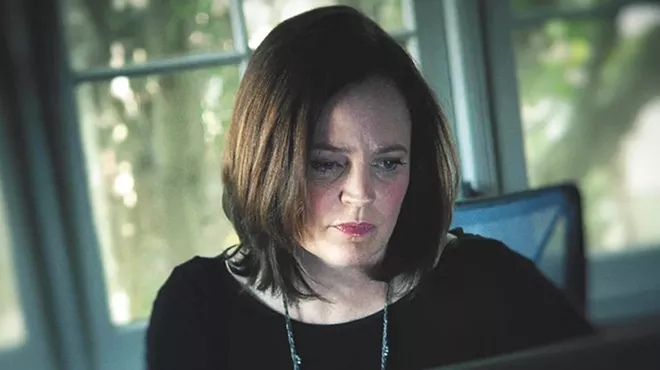As we enter another major civil rights movement, we're reminded to ask, what does it really mean to be a citizen? To be free?
Those are foundational questions at the heart of Jonathan Holloway's online class "African American History: From Emancipation to the Present." In prerecorded lectures, Holloway explores the last few hundred years, highlighting the struggle for freedom amidst an immensely unjust system.
I was invited to watch Holloway's Open Yale course recently by a Facebook friend, who asked a group of us to refresh the history lessons we may have forgotten and to illuminate things we never learned.
One thing I'd never quite thought about is how the Emancipation Proclamation didn't actually free anyone. Holloway notes in his second lecture that the 1863 document immediately freed the slaves in states rebelling against the Union, but not within the Union.
Effectively, Abraham Lincoln tells seceded states that they don't own their slaves anymore, but they obviously don't care what he says, Holloway notes. Meanwhile in Maryland, say, slave owners weren't affected.
"So in terms of literally freeing people, the Emancipation Proclamation doesn't," Holloway says. "It is still one of the most important documents in the history of the United States. Because when you think of politics, there's the literal effects and there is the philosophical or cultural, symbolic effects."
But before Holloway lectures on Reconstruction, sharecropping, "black codes" and more, he starts out the course with the story of John Jack, a slave and a cobbler in the mid-1700s who was allowed to keep a tiny portion of his earnings, eventually saving enough to buy himself.
Let that sink in. He saves enough to buy himself. Shortly after, he drinks himself to death.
I implore my relatives and others responding to this moment in history — with memes like, "Why can't you just get over it, I've never owned a slave and you've never been a slave" — to really think about that. Think what it took to fight against all the power structures keeping someone in slavery, and the insane struggle to try and make a life afterward.
Think about how 250 years ago the Founding Fathers, who literally claimed (as Holloway notes) that they felt like slaves to the throne, owned slaves themselves.
"Freedom and slavery were intertwined," Holloway says. "You could not separate the denial of freedom from the quest of freedom."
Lastly, I challenge you to learn about the power structures that continue to be stacked against African Americans and ask, are all Americans really equal? ♦
Watch free at oyc.yale.edu/african-american-studies/afam-162.


